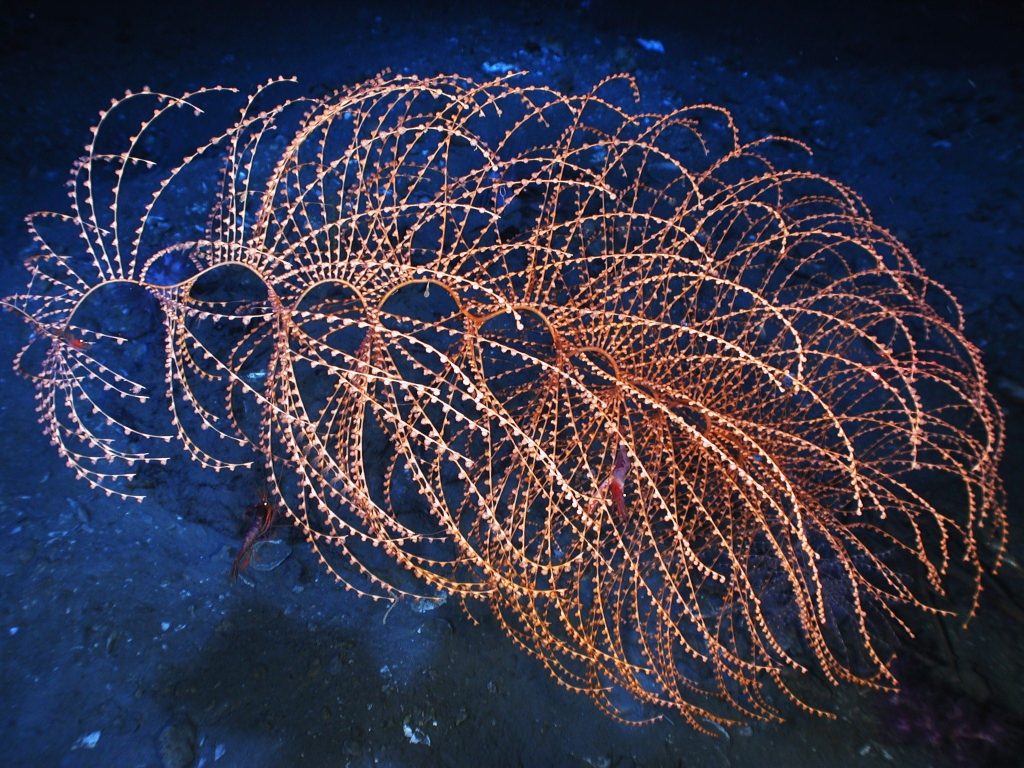Current Themes
Our themes develop new analysis, materials and curriculums to support the transition of ocean governance to a true ‘commons’ model, focused on food security and sustainable development. They study how we manage human interaction with our marine environment and develop innovative solutions to manage our activities and impacts. Our applied research and training engages with governments and stakeholders, addresses strategic challenges, analyses key problems, and creates and facilitates new solutions that deliver real outcomes with tangible impacts.
The Fisheries Governance Program orients research towards supporting practical management and policy outcomes for fisheries on global, regional and national levels, engaging with coastal communities, government agencies, regional and international organisations, civil society organisations, academia and industry.
The health of the ocean is vital for the functioning of the planet and humans have used the ocean and its resources for centuries for navigation, trade and food security. Overexploitation and pollution put marine ecosystems at risk and marine conservation seeks to counter environmental threats, caused by human activities.
The Seabed Mining Program focuses on the regulatory and governance framework for an emerging ocean industry: mining the deep seabed for minerals, such as copper and manganese. This emerging industry raises several equity questions, including who stands to benefit, who would shoulder the environmental, social, cultural, and economic burdens, and who gets a say in the decision-making around seabed mining.
The Sustainable and equitable conservation, management and development of our oceans depends on more than just science-based decision-making. It fundamentally depends on effective cooperation between sovereign States and their subsequent implementation of conservation and management decisions.
Ocean activities are regulated under a complex ocean governance framework, dividing responsibility over geographical areas and sectors among different actors. Within a region of 200 nautical miles from the coast, coastal states have jurisdiction over their waters, while areas beyond this limit are to be governed internationally, among all United Nations member states.
Human-caused climate change is causing significant impacts, disproportionately affecting vulnerable communities and developing States who have historically contributed the least. The ocean is the largest thermal sink for climate warming, already warming to below 2000m in depth, with resulting ocean acidification, marine heatwaves, de-oxygenation and flow on impacts on marine biodiversity and fisheries.





